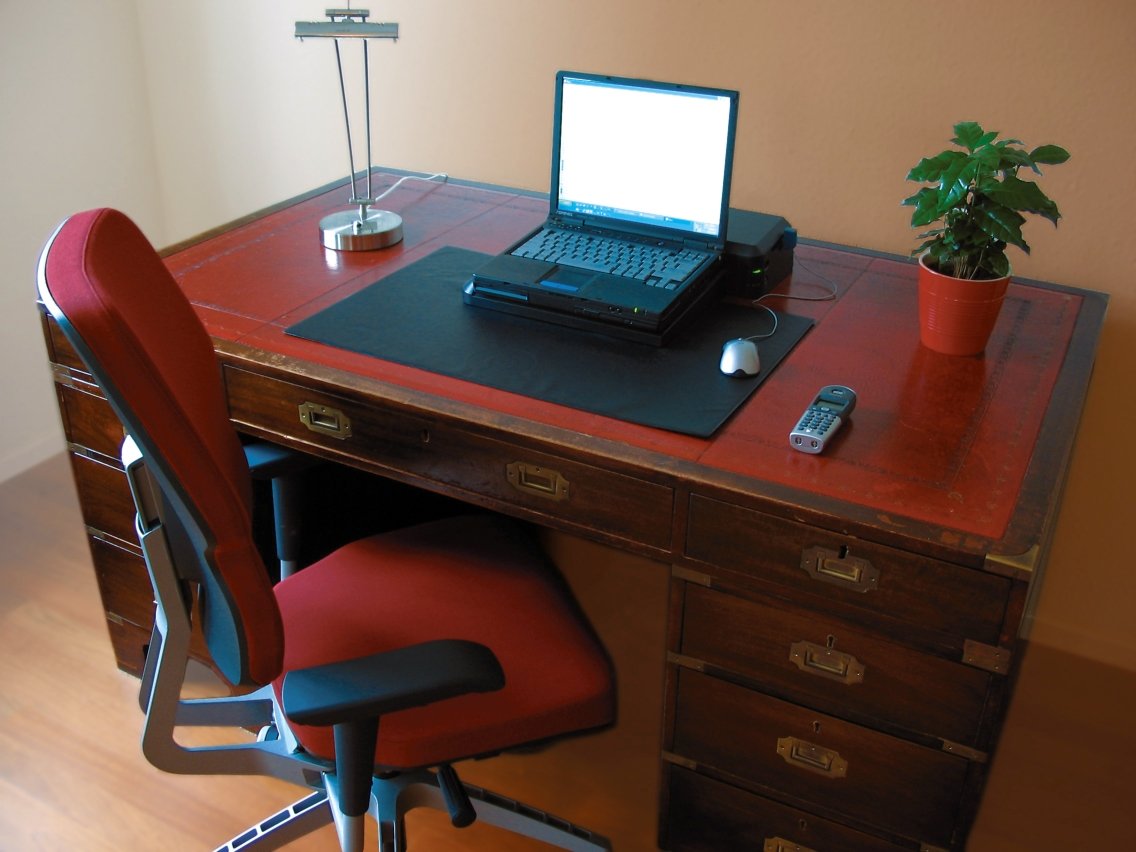
THE importance of privacy is closely connected to the value of autonomy; we wrote about the EPO's privacy violations just moments ago. Privacy is essential for journalism, for union activity, for whistleblowers etc. No secure communication, no confidence to leak. No confidentiality, no coordination among aggrieved staff. But this post isn't about the EPO. Coming up next/tomorrow in the "Inside the EPO During Corona" series we get to the 'beef' of the dispute; litigation may be next and then there's client 'privileged communication' factored in as well. Few lawyers actually bother with encryption, so it's a false promise.
 At the moment the workers of the EPO have lots of spying deployed on their home computers by António Campinos; it's worse than Benoît Battistelli with his surprise doctor visits. Is there "nowhere [left] to hide"?
At the moment the workers of the EPO have lots of spying deployed on their home computers by António Campinos; it's worse than Benoît Battistelli with his surprise doctor visits. Is there "nowhere [left] to hide"?
"...we wish to maintain our 100% source protection record for a long time to come."Either way, at the moment we work on a bunch of important things, including server migration, IPFS (for distributed circulation, more resistant to censorship), plain text IRC logs, and improved privacy. For IPFS we exclusively use a Raspberry Pi 4 with Debian on it. As it turns out, it can also be leveraged for better encryption, air-gapped and all... (my main workstation is always isolated from all other machines and has a minimal set of software installed)
We recently looked into Sequoia. "I think the safest practice anyone can do right now is to slowly start migrating to Sequioa and using air-gapped machines to do crypto operations," as associate wrote. "I'm looking into an idea I've had for a while which I'll explore some time in the next few months (when I actually have the time to work on it)."
As Bruce Schneier put it 11 years ago:
“Privacy protects us from abuses by those in power, even if we're doing nothing wrong at the time of surveillance.”